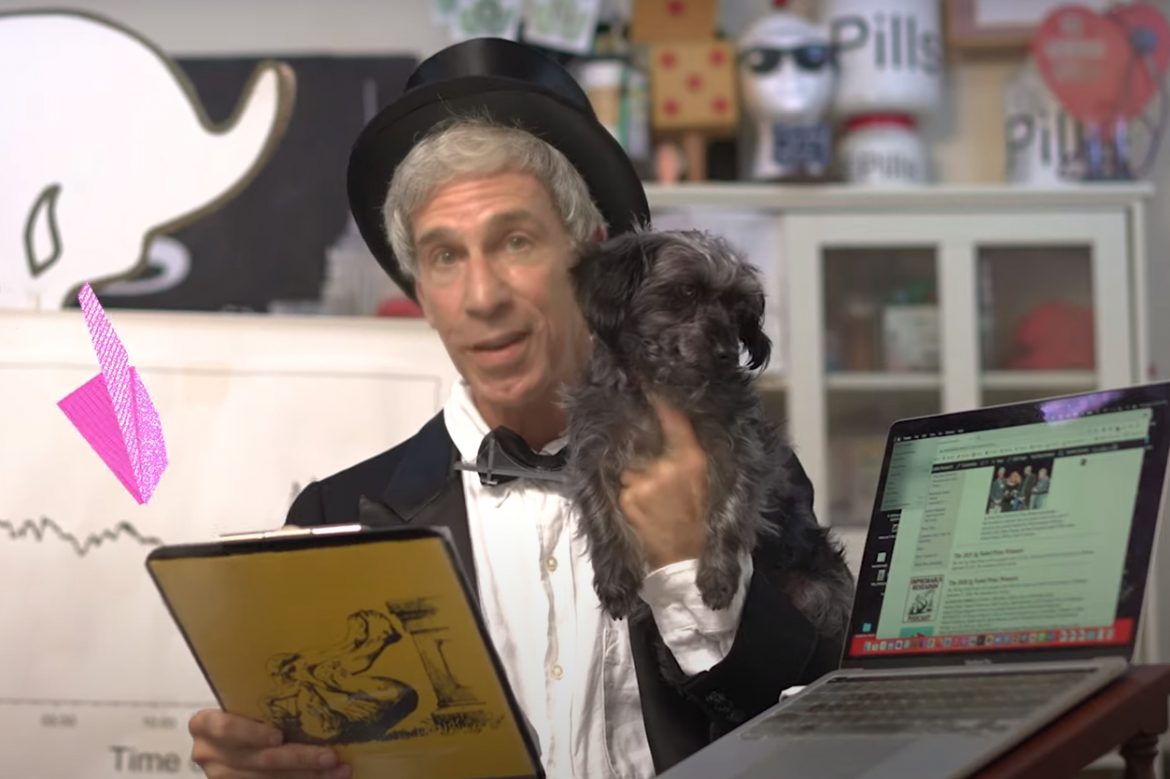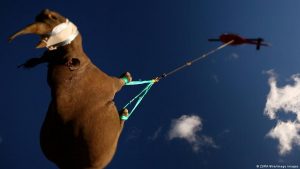
2021 Ig Nobel Prizes
For the world of science, autumn is always active and exciting. Before the Nobel Prizes find their winners in October, September sees the ceremony of the Ig Nobel Prizes, which are the awards that make the scientific community “laugh, then think”. The Ig Nobel Prize ceremony, which is normally held at the Sanders Theatre of Harvard University at the beginning of September every year, has been held online for the last two years due to the pandemic.
Each year, a theme is determined for the Ig Nobel Awards. Accordingly, the prizes, costumes, accessories and the shows in the ceremony are chosen to fit this theme. The theme of the 31st First Annual Ig Nobel Prize ceremony webcast on September 9 this year was ENGINEERING. The celebrations started with the first of the 3 paper plane launch sessions, which are an indispensable part of the ceremony, and this year’s prizes were designed in the form of paper cogs with human teeth. The prizes of winners were “virtually” given by actual Nobel Laurates of previous years.

This year’s awarded categories and winners are as follows:
Biology: Susanne Schötz, Robert Eklund, and Joost van de Weijer (Sweden), for analyzing variations in purring, chirping, chattering, trilling, tweedling, murmuring, meowing, moaning, squeaking, hissing, yowling, howling, growling, and other modes of cat–human communication.
Ecology: Leila Satari, Alba Guillén, Àngela Vidal-Verdú, and Manuel Porcar (Spain. Iran), for using genetic analysis to identify the different species of bacteria that reside in wads of discarded chewing gum stuck on pavements in various countries.
Chemistry: Jörg Wicker, Nicolas Krauter, Bettina Derstroff, Christof Stönner, Efstratios Bourtsoukidis, Achim Edtbauer, Jochen Wulf, Thomas Klüpfel, Stefan Kramer, and Jonathan Williams (Germany, UK, New Zealand, Greece, Cyprus, Austria), for chemically analysing the air inside movie theatres, to test whether the odours produced by an audience reliably indicate the levels of violence, sex, antisocial behaviour, drug use, and bad language in the movie the audience is watching.
Economics: Pavlo Blavatskyy (France), for discovering that the obesity of a country’s politicians may be a good indicator of that country’s corruption.
Medicine: Olcay Cem Bulut, Dare Oladokun, Burkard Lippert, and Ralph Hohenberger (Germany, Turkey, UK), demonstrating that sexual orgasms can be as effective as decongestant medicines at improving nasal breathing.
Peace: Ethan Beseris, Steven Naleway, and David Carrier (USA), for testing the hypothesis that humans evolved beards to protect themselves from punches to the face.
Physics: Alessandro Corbetta, Jasper Meeusen, Chung-min Lee, Roberto Benzi, and Federico Toschi (The Netherlands, Italy, Taiwan, USA), for conducting experiments to learn why pedestrians do not constantly collide with other pedestrians.

Kinetics: Hisashi Murakami, Claudio Feliciani, Yuta Nishiyama, and Katsuhiro Nishinari (Japan, Switzerland, Italy), for conducting experiments to learn why pedestrians do sometimes collide with other pedestrians.
Entomology: John Mulrennan, Jr., Roger Grothaus, Charles Hammond, and Jay Lamdin (USA), for their research study “A New Method of Cockroach Control on Submarines”.
Transportation: Robin Radcliffe, Mark Jago, Peter Morkel, Estelle Morkel, Pierre du Preez, Piet Beytell, Birgit Kotting, Bakker Manuel, Jan Hendrik du Preez, Michele Miller, Julia Felippe, Stephen Parry, and Robin Gleed (Namibia, South Africa, Tanzania, Zimbabwe, Brazil, UK, USA), for determining by experiment whether it is safer to transport an airborne rhinoceros upside-down.[/vc_column_text][/vc_column][/vc_row]
REFERENCES
- 1. https://www.improbable.com/2021-ceremony/
- 2. https://www.youtube.com/watch?v=_Rr8NxPDzBM
